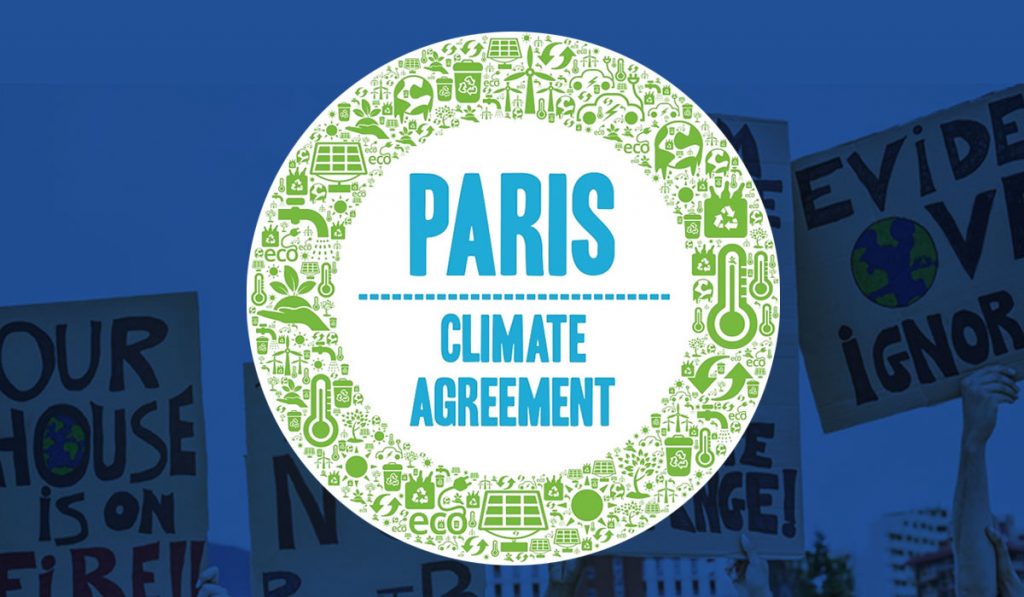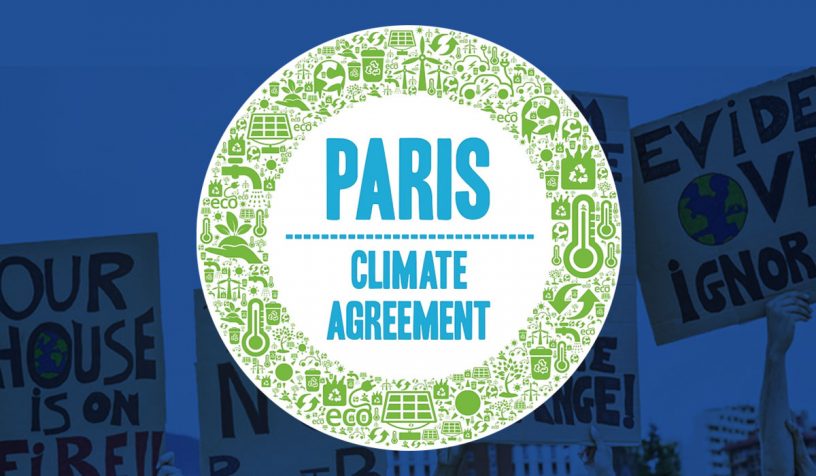
The researcher bats for direct participation of indigenous peoples in conceptualising and implementing policies and programmes aimed at addressing climate change.
Author
Kanika Jamwal, Lecturer, Jindal Global Law School, O.P. Jindal Global University, Sonipat, Haryana, India.
Summary
This opinion argues for including indigenous peoples as ‘expert’ consultants in India’s Apex Committee for Implementation of Paris Agreement. Alongside its monitoring and reporting functions, the Apex Committee for Implementation of Paris Agreement is expected to perform substantive functions, including, developing policies and programmes to make India’s domestic climate actions compliant with its international obligations under the Paris Agreement.
The argument is based on the understanding that indigenous peoples possess a deeper understanding of their ecosystems and share a special relationship with it. Therefore, their knowledge is key to sustainable ecosystem management. At the same time, a co-dependent relationship with Nature makes them disproportionately vulnerable to the impacts of climate change.
Unlike other vulnerable groups, the impact on indigenous peoples ripples beyond their economic survival, and threatens their collective physical and spiritual identity. Accordingly, this opinion suggests direct participation of indigenous peoples in conceptualising and implementing policies and programmes aimed at addressing climate change.
To that end, it problematizes the narrow understanding of ‘experts’ reflected in the gazette notification establishing the Apex Committee for Implementation of Paris Agreement, and draws upon United Nations’ practice(s) enabling participation of indigenous peoples as ‘experts’ in its specialised agencies and organs. Accordingly, the opinion also suggests a potential means to operationalize their inclusion in the Apex Committee for Implementation of Paris Agreement.
Published in: Environmental Law Review
To read the full article, please click here.


